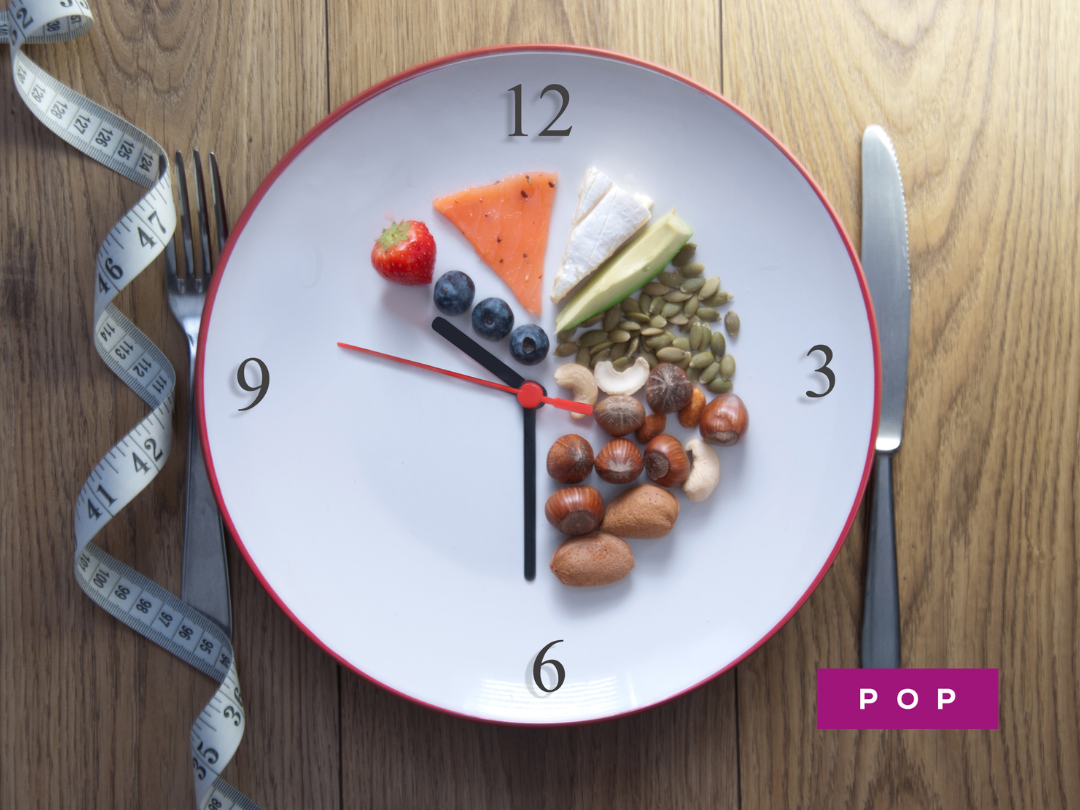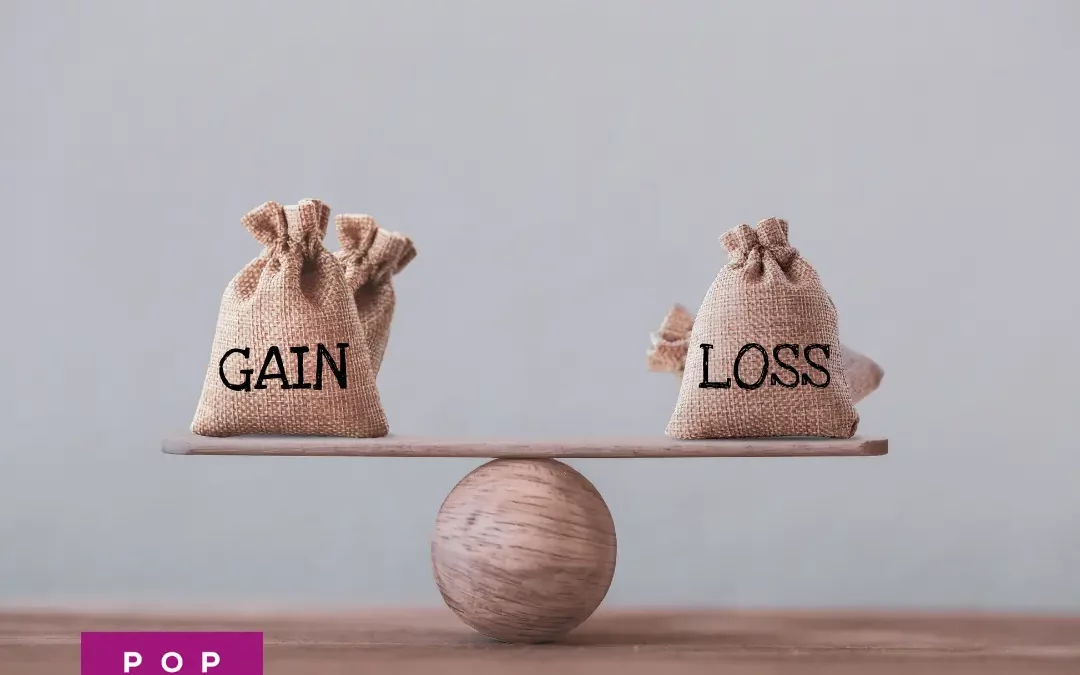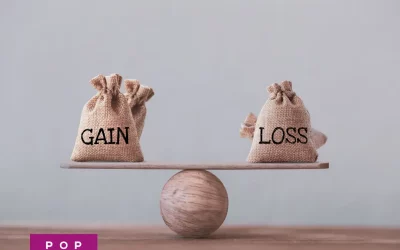“Don’t eat your first meal until 2 pm.”
That was the advice that was given to me in a program that I did about 10 years ago.
Only water until 2 pm. First meal – eggs and veggies. Second meal – lean protein and veggies. Third meal – lean protein and veggies plus some potatoes and fruit if I worked out that day.
Some call me the king of fad diets.
Ok, no one calls me that, but I’ve certainly been around the dieting block a few times.
There are two concepts that are heavily promoted in the fitness and nutrition space that fly in the face of science.
1. Fasting
2. Backloading calories
As you can see from the protocol above, this particular program I joined promoted both.
Let’s start with fasting.
To be clear, I’m referring to an arbitrary feeding window like 16 hours of fasting and 8 hours of feeding. Or 18 hours of fasting and 6 hours of feeding.
There are plenty of fasting variations and none of them improve fat loss results.
In fact, they often make things worse.
Here are all the reasons why …
1. Fasting can trigger binge eating or overindulging in individuals who are susceptible to this kind of behavior.
This just happens to be a large percentage of people who actively want to improve their body composition.
Think about your own journey for a moment. When are you most likely to overindulge? Typically, it’s at night. On the weekends. Or at a social event or dinner out.
What do those things have in common? They often come after a period of restriction and/or stress. Want to stop indulging at night? Stop under eating all day. Want to stop indulging every weekend? Stop under eating all week. Want to stop indulging when you go out? Stop going into the event ravenous.
Fasting can trigger the restrict and binge cycle in many.
2. Fasting can lower blood sugar levels which can lead to brain fog or fatigue.
One of the most healthful ways of eating is in a manner that supports blood sugar stability. This is especially important if you have a medical condition like diabetes but it’s also good practice across the board.
In addition to the health benefits of blood sugar stability, it’s also strongly associated with better decision making. Simply put, we act in alignment with what we want more often than not when we avoid the big drops and spikes in blood sugar.
3. Fasting increases cortisol and adrenaline (aka stress).
This is particularly problematic for high stress or anxious individuals. The last thing you want is to continue to overproduce cortisol and add unnecessary stress onto an already stressed out body.
4. Fasting can impair performance.
No one can convince me that a training session on zero fuel is going to be more effective than a training session with fuel. Pretty straightforward.
5. Fasting can make negative adaptations happen faster.
Sure, you may be eating less food because you reduced your feeding window to, say, 6-8 hours. But your body will adapt. And will down regulate. The goal is to delay and prolong those adaptations, not speed them up.
Now, I can already hear the grumblings happening in the background.
“But Mike, I’m not hungry in the morning!”
“I wake up at 5 am to work out and the thought of a meal makes me sick.”
“My morning is so hectic I don’t have time to eat!”
And how’s that been working out for you so far?
You’re not hungry in the morning because you haven’t been eating in the morning. Your body will adjust. Start with something light and build from there.
You don’t need a huge meal before an early morning training session. How about something small like some greek yogurt with fruit or a protein smoothie?
I understand the hectic mornings but I’ve watched Mel chauffeur 3 kids to school, jump on work meetings, get to the gym, and still have time for a quick breakfast.
Lately, we’ve been doing overnight oats so it’s ready to grab and go in the morning.
The last point I’ll make on this is with regards to women. Particularly women going through perimenopause and menopause.
The last thing you need to be doing is fasting. You are more sensitive to stress during that phase of life so be intentional and eat in the morning.
Does backloading calories really work?
Now, let’s address the other fallacy in the room …
Backloading calories.
This is a strategy that gained a lot of popularity in the body building community and has come up short when it comes to research.
The simple premise was that you should save most of your calories for the evening because you’re more likely to be hungrier at that time and the added fuel (especially carbs) can help lower cortisol and increase serotonin for quality sleep.
Not a bad theory, just didn’t hold up to scientific literature.
It’s actually the opposite.
Most studies show that when calories and protein are equated, the way you eat is largely irrelevant for fat loss.
Low carb, high fat. High carb, low fat. Basically doesn’t matter. If you’re hitting your protein and calorie targets in a calorie deficit, you’ll lose the same amount of weight.
Why backloading calories might NOT help you lose more fat
However, there’s a study that shows the exact same macronutrients being consumed with the ONLY difference being front-loading calories vs. backloading calories and the front loading group lost more fat overall.
There are a number of reasons for this …
1. It’s more in sync with your circadian rhythm
2. With more energy coming in early in the day, you’re more likely to expend more energy throughout the day
3. Better training and recovery
4. Less likely to binge or overindulge in the evening
5. Helps lower stress when stress / cortisol are highest (in the morning)
Now, before you get all hung up on the details, I want you to remember one thing …
DOABLE is more important than OPTIMAL.
Just because front loading calories is optimal, that doesn’t mean it’s doable for YOU.
However, if it’s an adjustment you can realistically make, it may be worth it.
Similarly, try ditching your fasting window and eat breakfast within the first hour of your day.
Give it some time and see if you notice a difference.
These strategies can be especially helpful if you struggle with binge eating or lack of control around food at certain times.







